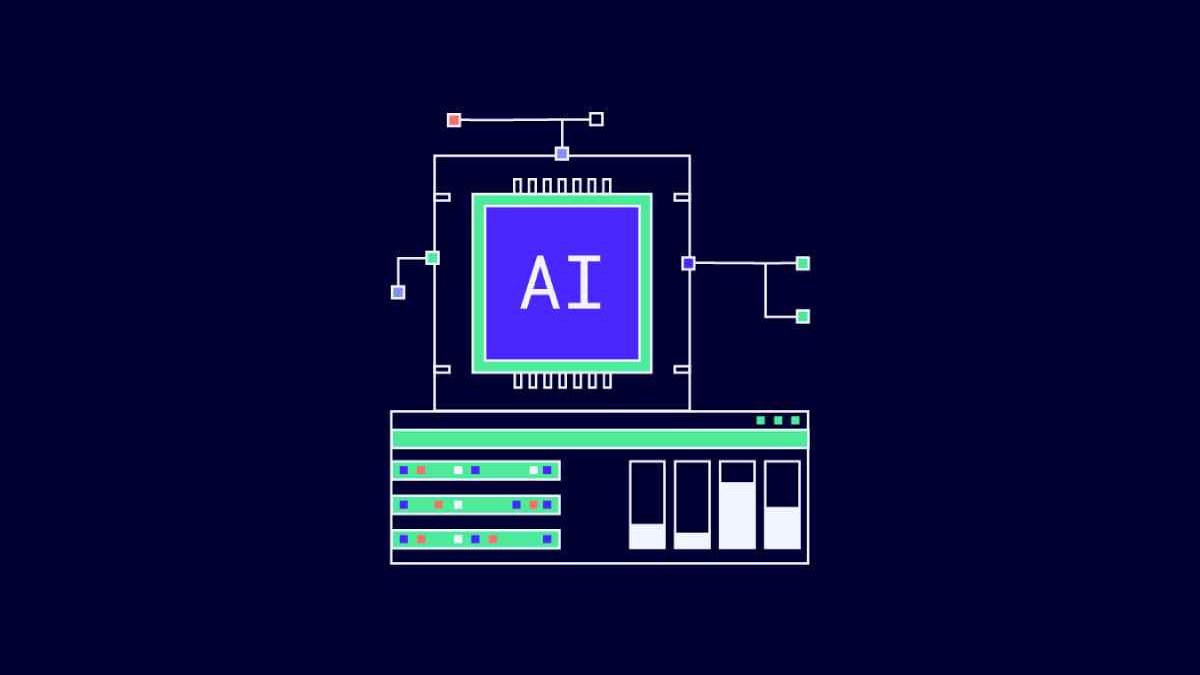AI in Test Automation
In today’s technologically advanced world, the demand for software testing has increased significantly as the frequency of software release increases. It is also expected that the software testing market will go up to around 50 billion USD by 2027. In this fast-paced world, where businesses need to make quick changes in their application, automation testing has served the need for high-quality software.
However, adding AI in test automation has taken automation testing to another level with little human intervention. AI ensures the better efficiency and accuracy of tests by covering more test cases. In this blog, we will delve into advantages, trends, and tools.
Table of Contents
Why AI in Test Automation?
The saying “AI is the future” is surely true. AI has started creating its impact in each sector, including testing. It takes way less time and resources to identify errors than traditional testing. In addition, the incorporation of AI in test automation also suggests fixes, making the testing faster and more precise. One can’t neglect the potential of Al, as it is capable of managing huge amounts of data, introducing you to errors, and providing you with quick fixes.
Advantages of AI in Test Automation
AI is bringing exponential change in every industry due to its multiple advantages. Here are some advantages of AI in Test automation:-
Quick Feedback
AI aids in automating testing in an agile environment by providing quick feedback to developers and testers. If you are working on an application, AI will provide quick reports about bugs and suggest fixes, saving time. It helps you with quick bug resolution and timely software delivery, providing an edge over competitors.
Better Software Quality
AI doesn’t only make the testing faster and less resource intensive, but it also doesn’t leave any scope for bugs. It easily handles a huge amount of data, ensuring maintenance of the software quality.
Effectiveness
Incorporation of AI in test automation aids you in improving the coverage of test cases and test scope. Automation testing can only look into locator values, data sets, internal programs, and repositories to ensure the software works as intended. On the other hand, AI can help you choose the right set of test cases to run the application.
Less Human Intervention
With AI, QA can take a back seat and let AI perform the testing. It needs less human intervention, which saves your resources. AI provides thorough coverage of the test case.
Extensibility
In the new testing era, AI testing automation can increase the scope of automation and make testing possible for non-technical people. For example, Opkey is a code-less tool that incorporates AI in test automation and allows non-technical people to create test scripts and perform testing in a single click. With AI, you can create test scripts, execute tests, maintain test cases, and improve your application by acting on real-time feedback.
Management of Redundant Tasks
The AI test automation takes care of repetitive tasks to meet the continuous delivery demand, increasing productivity. Moreover, AI is well suited for regression testing, where testers need to find the effects due to changes or upgrades in code.
Key Trends in AI Test Automation
Self-Healing Test: Due to an ever-evolving world, applications can be updated, so does the change in components. However, test scripts are given a fixed definition of these elements, so they won’t work or provide negative results. Artificial algorithms identify the unexpected error and update the unexpected error. It also saves resources the QA team can spend on finding the issue.
Analytics of Test Automation Data: During the testing, a huge amount of data is generated, and AI processes the data to detect and categorize the error, increasing the testing efficiency. This enables the QA team to focus on tests strategically.
Test Data Management: Since testing generates curiosity about data, AI aids in managing the data and also ensures higher test coverage.
Top AI Test Automation Tools
Opkey
Opkey is a zero code platform incorporating AI in test automation, enabling businesses to leverage AI techniques. Its AI-based algorithms allow you to create test scripts with a single click and suggest any potential risk. It is a no-code tool, allowing non-technical users to perform the testing without having prior experience with programming knowledge. Opkey’s built-in AI, recommends test cases based on the highlighted risks so that you gain adequate coverage. Opkey’s AI also identifies the impacted scripts and heals them automatically without requiring human intervention.
Aqua ALM
This is a web-based platform that uses NLP for text execution. Its AI-enabled functionality optimizes the test execution time, leading to a viable option for the large business.
TestCraft
It is a Selenium-based testing platform that doesn’t require programming knowledge to perform the testing. With its multilingual features, developers can create test cases in multiple languages.
Testsigma
Testsigma is an AI testing tool that automates testing quickly with easy set-up. This helps businesses to customize and scale the test without any limitations. With its NLP features, you can write code in English and execute testing. It is a cross-browser testing platform and aids in continuous testing.
Concluding Remarks!
AI has entered every industry, and testing is no exception to it. Incorporating AI in test automation provides several benefits to businesses, such as less human intervention and better software quality. Therefore, Opkey disrupted the testing industry with its AI-enabled testing techniques. It is a codeless tool that allows non-technical people to perform testing. Its features allow us to identify the root cause and suggest improvements. Visit Opkey’s website and leverage AI-based test automation.
AI in Test Automation: Everything You Should Know


